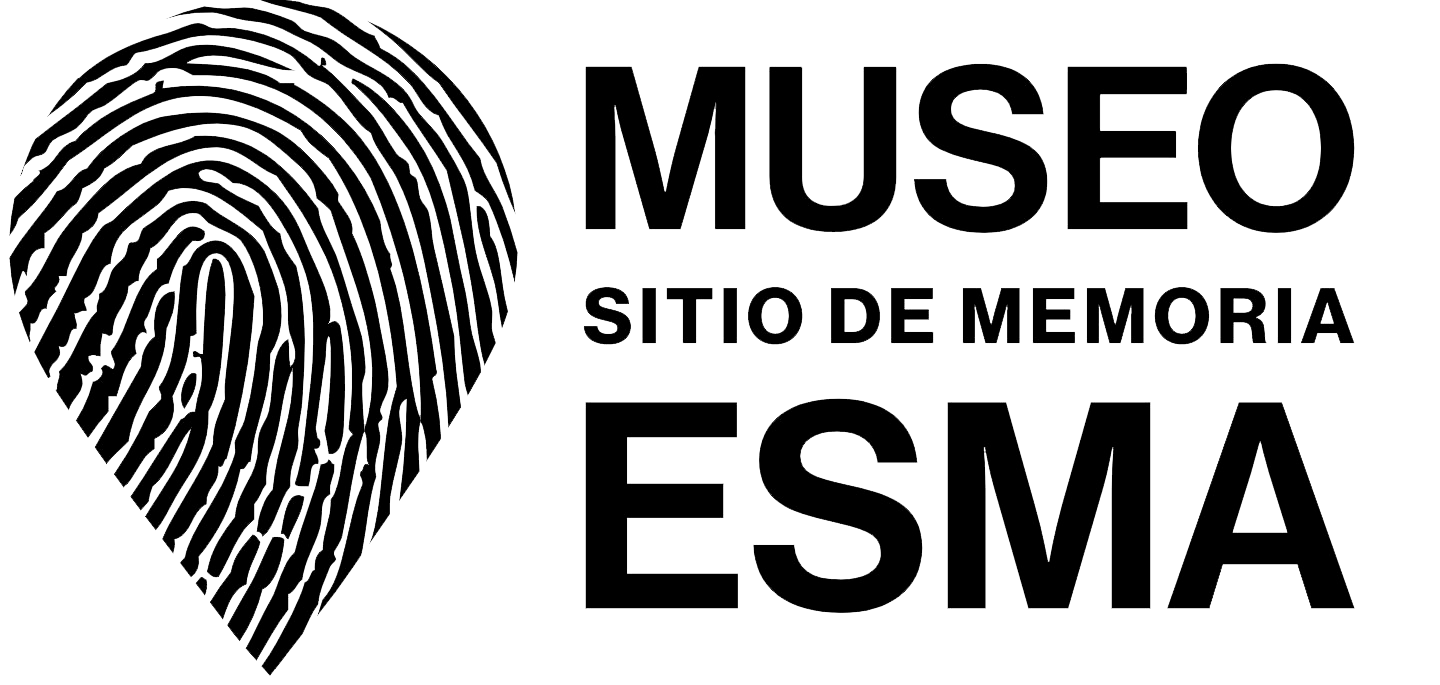The activity took place on Thursday 12th, 2019, at the theater of the Haroldo Conti Cultural Center, with the goal of creating a space for reflection on the connection between cultural heritage and human rights through a Master Conference by Pascall Taruvinga, head of Heritage of the Robben Island Museum in South Africa. Attendees at the event included the South African ambassador Phumelele Gwala, Norway ambassador Lars Vaagen, representatives from Human Rights organisms, policy makers, public officials, diplomatic core members and authorities from the participating institutions.
Two public conversations were held at the event: 1. «The Heritage of ‘Never Again’», between Taruvinga, Claudio Ferrari, Dean of the UNSAM Architecture School, and Pedro Delheye , head of ICOMOS Argentina, with moderation by Alejandra Naftal, Director of the ESMA Museum and Site of Memory; and 2. «State Commitment. Today, Congress», with the participation of Victoria Montenegro and Hernán Reyes, legislators of the Autonomous City of Buenos Aires, together with congressmen Daniel Filmus and Daniel Lipovetzky.
The Event
The event began with words by ambassador Phumele Gwala, who congratulated all the people involved in the nomination of the ESMA Museum and Site of Memory. «Today, South Africa and Robben Island are an example of the value of humanity against tragedy and racism. We shall not repeat the tragedies of the past, which is why we must all say ‘Never Again'», stated Ambassador Gwuala.
Then, Alejandra Naftal detailed the work that has been done from the ESMA Museum and Site of Memory to submit the nomination to the Unesco World Heritage List: «The success of his nomination is that it was made by the Argentine State and transcends governments».
Head of Heritage at the Robben Island Museum in South Africa, Pascall Taruvinga began the activity with a presentation about the functioning of Robben Island and the responsibility implied in being an institution acknowledged as Unesco Heritage: «Becoming a World Heritage site is not and end in itself but only a beginning, as it bears many responsibilities, such as working with the community, redeploying resources, controlling tourism to prevent the deterioration of the areas, measuring climate change impact, and self-sufficiency.
A member of the Board of Human Rights Organizations of the Public Entity Area for Memory, Daniel Tarnopolski also spoke about the similarities and differences between the Argentine case and South African apartheid: «Unlike South Africa, we cannot come to a reconciliation basically because in Argentina the perpetrators are still boasting and vindicating their crimes».
In the conversation «The Heritage of ‘Never Again’» architect Claudio Ferrari spoke about his experience in the Centro Cultural Kirchner project. Pedro Delheye addressed the different forms of approaching heritage and how it changes. Pascall Taruvinga explained how heritage must always be inclusive and culturally diverse. Later, Vera Jarach, from Mothers of Plaza de Mayo – Founders, stated: «We have every right to be part of something as wonderful as the Unesco Heritage. It is a dream and it would be so timely to make it true».
In the second conversation, «State Commitment. Today, Congress». Victoria Montenegro explained that «The resistance of Human Rights organisms first and later the political decision to move forward with the trials for crimes against humanity both gave this opportunity to let the world know that in Argentina there was State terrorism, hate and violence, but also that there was love, organization, the fight of these women with handkerchiefs who never stopped fighting and made possible for many of us, 130 grandchildren already, to live in truth.» Hernán Reyes said: «Together with Victoria we promoted the declaration bill that endorses, congratulates and accompanies the nomination of the Museum as a World Heritage of Memory». Daniel Filmus expressed: «The fight to have the State impart that which should never be forgotten through education and other mechanisms like monuments and historical heritage is essential». Finally, Daniel Lipovetzky stated: «This endorsement from all political forces to the work that is being done to have the ESMA Museum and Site of Memory declared a World Heritage exists so we continue to state that these things must never happen again.»



